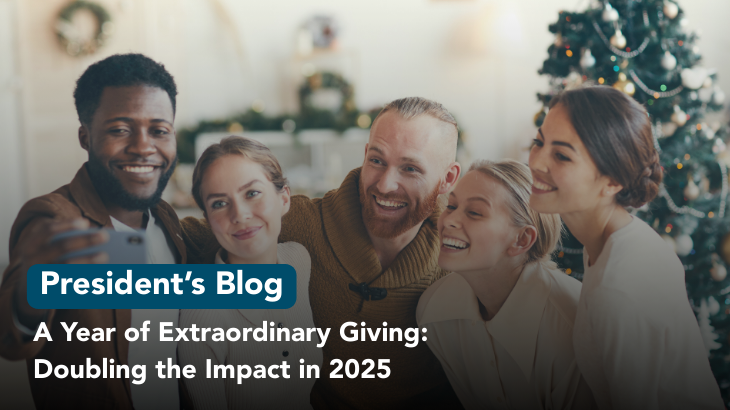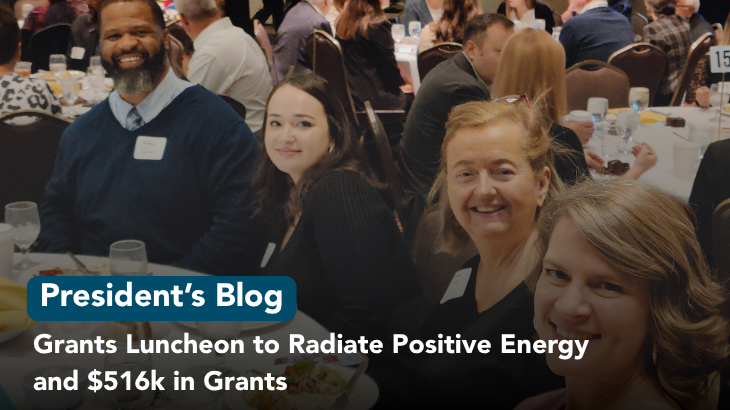
As the year comes to a close, it's a great time to reflect on your financial goals, resolutions, and plans for the future. A critical aspect of financial planning is looking ahead to retirement.
Whether your retirement is happening in 2024 or 20-24 years from now, planning for all the different aspects of retirement is an essential part of life for almost every working adult. And the earlier you start, the better off you'll be.
Don't overlook the importance of planning for continued philanthropy during your retirement. For individuals who want to maintain their charitable giving in retirement and beyond, a donor advised fund (DAF) at your community foundation is a flexible and tax-smart option. You can contribute cash, appreciated stocks, real estate, or other complex assets to your fund and receive a tax deduction in the year the contribution is made. From your DAF account, you can then distribute grants to support the charities and causes that matter most to you when the timing is right for you. By investing in your fund and allowing the principle to grow, you can ensure you will be able to support your favorite charities throughout your retirement.
If you're looking to support your favorite organizations but would also appreciate receiving a steady flow of income during your retirement, a Charitable Remainder Trust (CRT) might be an option worth considering. This type of investment allows you to contribute appreciated assets, generate a fixed stream of income, defer or eliminate gains, and reduce inheritance taxes all at the same time. As a bonus, your community foundation will manage all the administrative aspects for you, leaving you more time to do the things you enjoy. At the time of your passing, the "remainder" of your trust is passed into your fund, which will continue to support the charitable causes you named in your documentation. This means that you can continue to support your favorite charities and leave a lasting legacy of generosity and support. Overall, a CRT can be an excellent way to support the causes that you care about while also generating income for yourself.
Exactly how much you'll need for your giving in retirement is entirely unique to you. One way to gain confidence in your plans to retire is by knowing what to set aside for things like daily expenses, healthcare, home repairs, charitable giving, recreation, and the unexpected. Having professional support during the planning process and over the course of your retirement can be invaluable. Retirement planning can be an intimidating and complex process, but with the right advice and guidance, you can be confident that you are making the most of your resources and setting yourself up for a comfortable and philanthropic retirement.
If you're interested in learning more about these options or would like professional support during your planning process, consider reaching out to a professional financial advisor. Cole Eason, Truman Heartland Community Foundation's Vice President of Advancement, would be pleased to talk with you about planning for continued philanthropy during your retirement and can be reached at 816-912-4182 or eason@thcf.org. Remember, the earlier you start planning, the more prepared you'll be when it's your time to retire.





